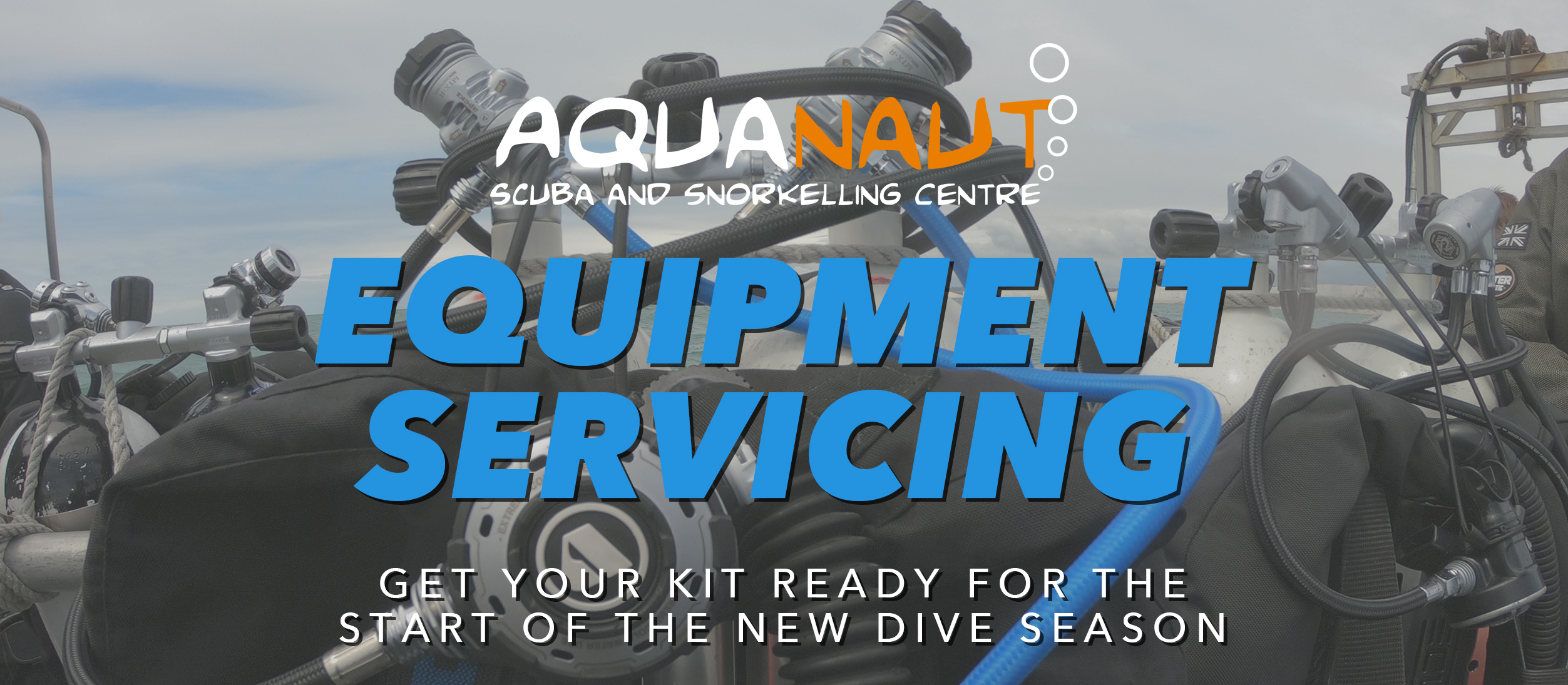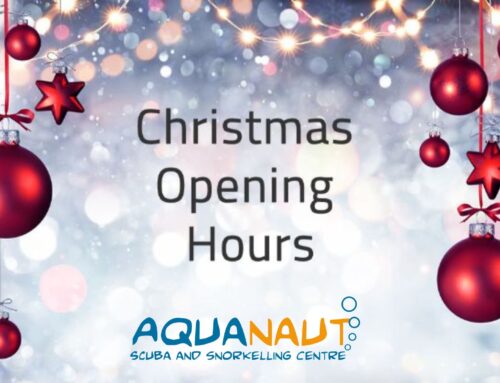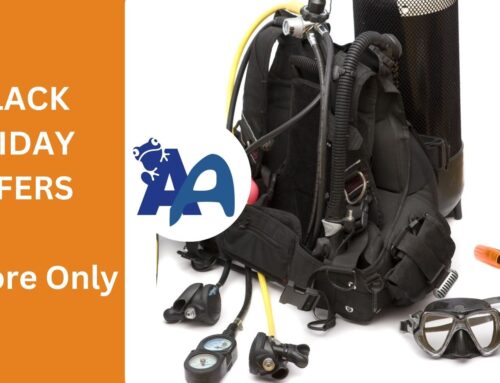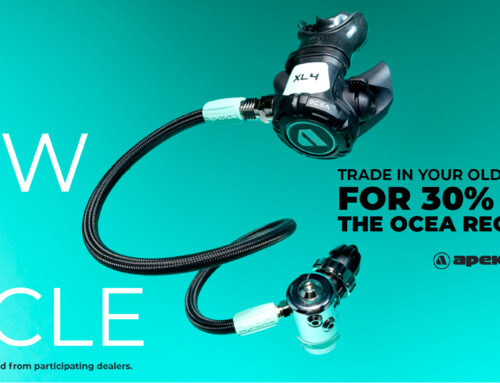“I’ve not dived during COVID, does my kit need servicing?” This is a question that we’re increasingly being asked, as we “learn to live with COVID-19” and diving and overseas travel begin to open up again.
 With SCUBA cylinders, the simple answer is that there is no relaxation of the standard testing regime or “O2 Clean” requirements. You will not get your cylinder filled with gas if it is out of test. No ifs, no buts, no exceptions.
With SCUBA cylinders, the simple answer is that there is no relaxation of the standard testing regime or “O2 Clean” requirements. You will not get your cylinder filled with gas if it is out of test. No ifs, no buts, no exceptions.
The reason can be seen in the cylinder pictured which we received from a customer in February 2022 for its first service. It was 2 ½ years old from manufacture. When we removed the valve, as you can see, it was very rusty on the inside at the bottom of the cylinder, to the extent that the pitting was so deep that the cylinder was not safe for use. We condemned it and sent it to be destroyed.
For regulators, however, it’s not such a simple yes/no answer! One way of looking at it is; “This aeroplane has been parked up and not flown during lockdown, it’ll be fine if I kick the tyres and see if it has fuel!” Now before anyone gets over-excited about hyperbole or exaggeration, consider the consequence of your scuba regulators failing during use, say at 35m. Compare this to an aeroplane failure during use. Do you spot any similar outcomes? You rely on both working as expected to keep you alive!
Are you the kind of diver who maintains their equipment well, following the recommended user-care of rinsing and drying your kit after every dive? Has it been serviced at a recognised,  manufacturer-approved Service Centre, according to the manufacturer’s recommendations? Did you have it serviced just before lockdown and haven’t used it since? If so, congratulations, you are one of a very small number whose equipment can receive an “Official Inspection” on alternate years (see below). Too many divers, however, end their dive, put their kit in a bag and forget about it until the next dive! The regulator pictured was brought to us in January 2022; it still contained vomit from the user’s last dive!
manufacturer-approved Service Centre, according to the manufacturer’s recommendations? Did you have it serviced just before lockdown and haven’t used it since? If so, congratulations, you are one of a very small number whose equipment can receive an “Official Inspection” on alternate years (see below). Too many divers, however, end their dive, put their kit in a bag and forget about it until the next dive! The regulator pictured was brought to us in January 2022; it still contained vomit from the user’s last dive!
Some (but not all) manufacturers permit us to conduct an “Official Inspection” on alternate years between a full service. Think of this as a bit like taking your car for its annual MoT Test. A trained and certified technician will conduct a specified series of checks, including putting it under pressure to check for air leakage, checking for stable medium pressure that is within the acceptable range, the opening effort, the smooth operation of the control knob and venturi switch as well as a visual inspection of the filter for debris or discolouration and a number of other checks.
Like a vehicle MoT test, the person conducting the inspection must determine whether the entire regulator should be overhauled or if it just needs the equivalent of a headlight bulb being changed. The cost of an “Official Inspection” will be determined by the work and parts required.
The bottom line is that your SCUBA equipment is “life-support equipment” that you rely on. If you look after it and keep it well maintained, potential points of failure should be identified and fixed before they go wrong, and it will do what it needs to do. Otherwise, the consequences could be extremely serious.







Leave A Comment